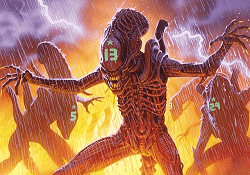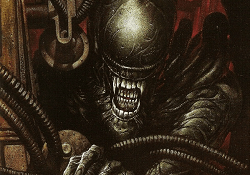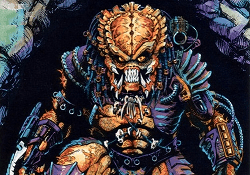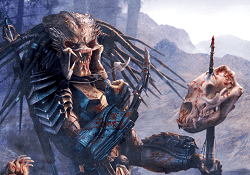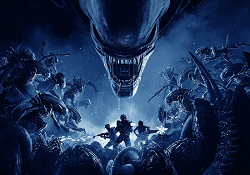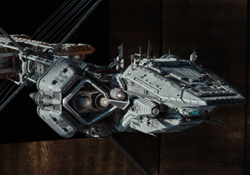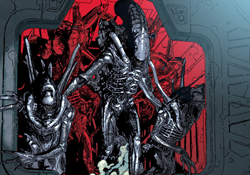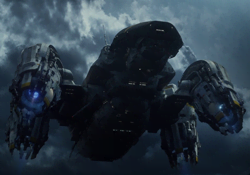Xenomorph Motivations: What Do The Xenomorphs Want?
The Xenomorphs are known for somewhat conflicting motivations, shifting from a killing spree in one movie to capturing hosts in another. In this article, we try to find out what the Xenomorphs really want and what drives their actions. From reproduction to the survival of their species, their behaviors, while fearsome, are rooted in natural instincts common to many life forms.
Reproduction
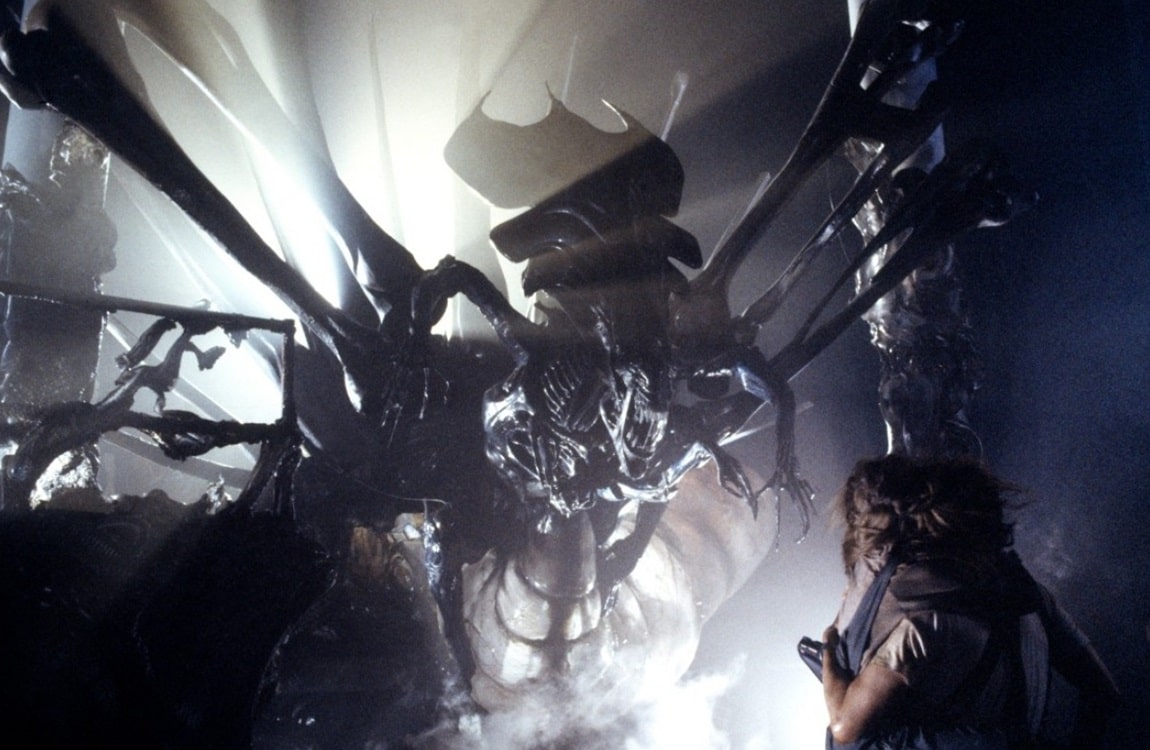
The Xenomorph's main motivation is reproduction, although this might not be clear in the first movie. Central to this process is the Xenomorph Queen, introduced in the sequel - Aliens, who lays eggs (known as Ovomorphs) that hatch facehuggers. These Facehuggers then implant embryos into host organisms, which eventually emerge as Chestbursters and mature into adult xenomorphs. This cycle is essential for the species' propagation, demonstrating a ruthless efficiency in ensuring their lineage continues. Every member of the Alien hive works towards the goal of making the cycle as efficient as possible.

Expanding The Hive
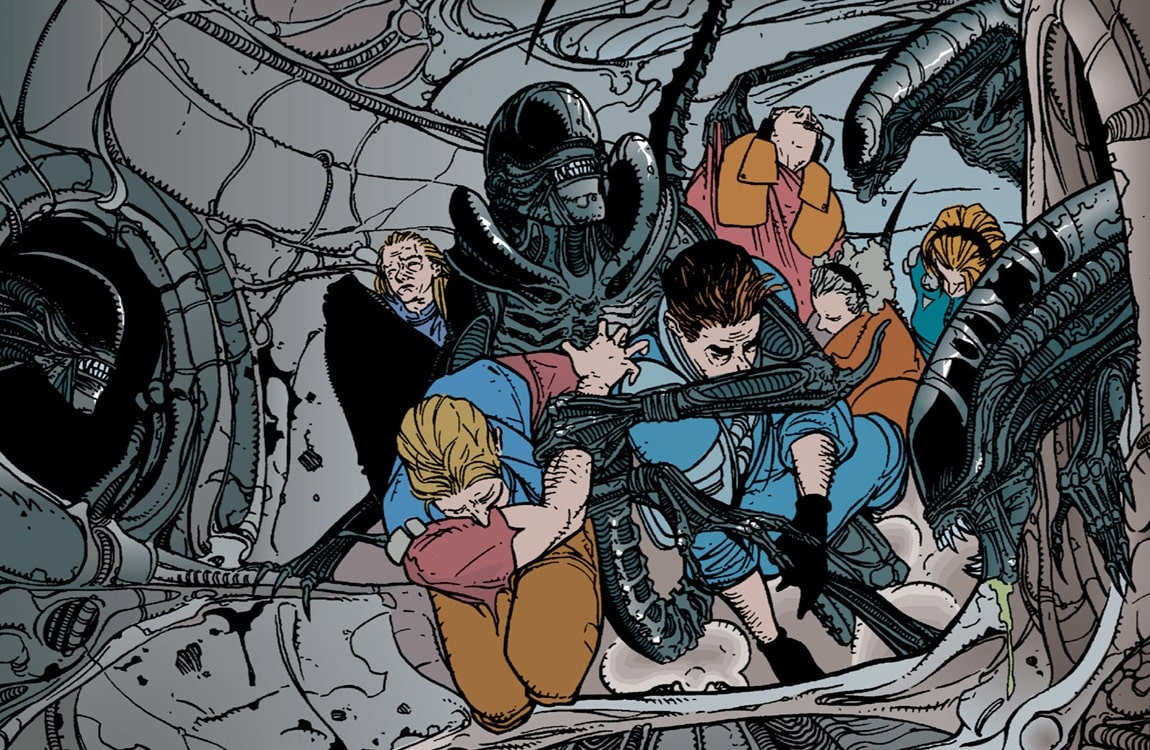
A key aspect and major goal of the Xenomorph's existence is the expansion of their Alien hive, making it as large as possible. Not content with dominating a single ecosystem, they exhibit a natural drive to colonize new territories, including other settlements on the planet, or even other planets and ships. Stuck in a single location, the Xenomorphs will quickly run out of hosts and need new bodies to replenish the hive. This expansionist behavior is likely a survival mechanism to prevent overpopulation and resource depletion, ensuring the species' continued dominance and adaptation in a universe where planetary conditions vary greatly.
Protecting The Children
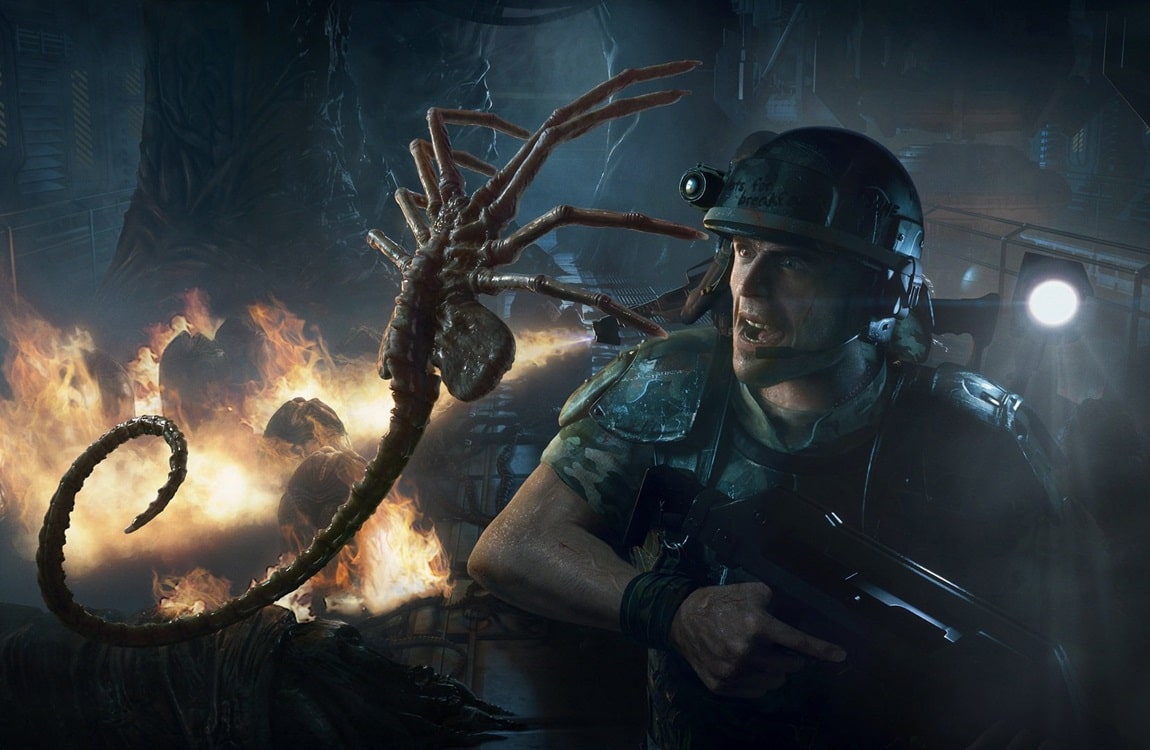
Almost every Xenomorph caste displays a strong instinct to protect their young. This protective behavior is crucial for the survival of their offspring, ensuring the perpetuation of the species. The fierce defense of their eggs, Facehuggers, and young Xenomorphs highlights their innate drive to safeguard the next generation, a trait that is pivotal for their continued existence and dominance. This can also be considered a Xenomorph weakness, as a Xenomorph Queen can be manipulated (although not fully tamed) by threatening their young, as happened in Aliens. This protection also extends to infected humans, as Xenomorphs will ignore and sometimes even protect humans who carry embryos.

Survival
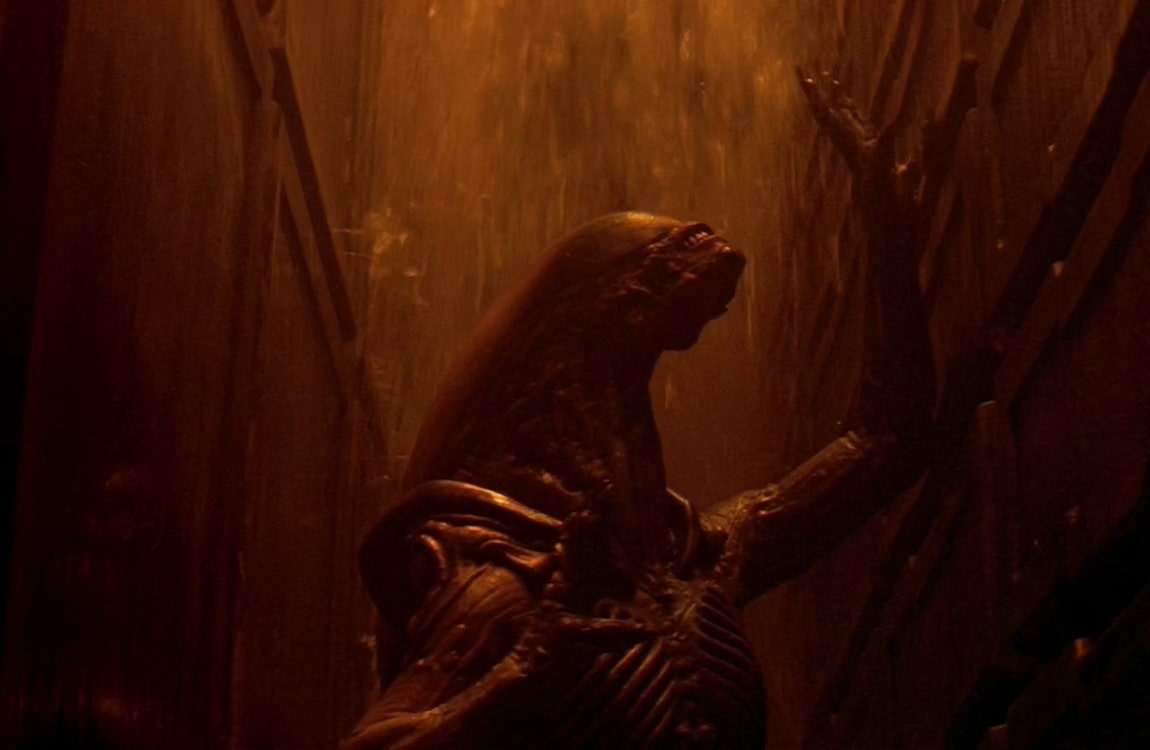
The fundamental drive for survival is evident in every aspect of Xenomorph behavior. Adapted to a variety of harsh environments, these creatures demonstrate remarkable resilience and resourcefulness. The Xenomorph physical attributes, such as their acidic blood and tough exoskeleton, are evolutionary traits geared towards survival in hostile conditions. Lone Xenomorphs have a tendency to survive and end up in the unlikeliest locations, like escape shuttles. When a hive is destroyed, a single Xenomorph, either an Ovomorph, Facehugger, or Queen can restart it again, elsewhere. Even Warrior Xenomorphs have demonstrated an alternate life cycle, known as the Egg Morphing, to ensure the survival of the hive when no Queen is present.
Escape
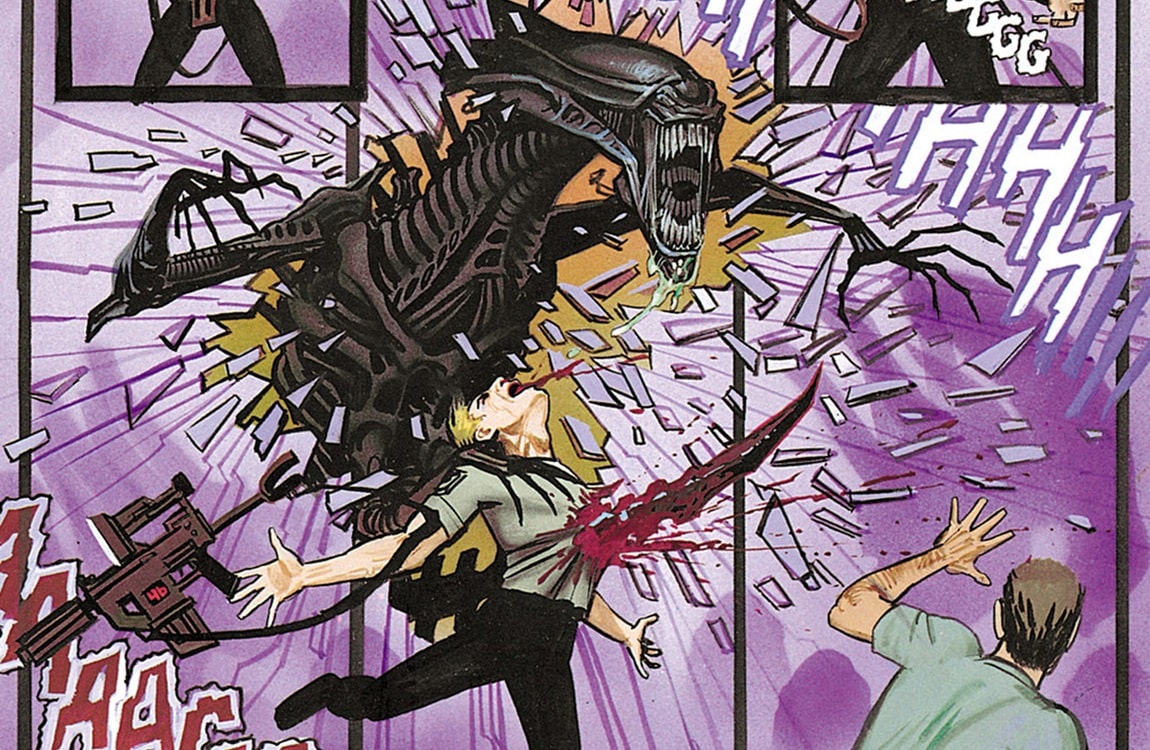
In scenarios where survival is threatened, Xenomorphs exhibit a strong instinct to escape and evade capture or destruction. This behavior is not a sign of weakness but a strategic move to preserve their lives and, by extension, their species. Their ability to quickly assess situations and find means of escape highlights their intelligence and adaptability. The Xenomorphs are masters of escape, and have a natural drive to flee from any captivity. To stop this from happening, acid-proofing holding cells would be a first priority, something that the scientists in Alien: Resurrection forgot.
Neutralizing Threats
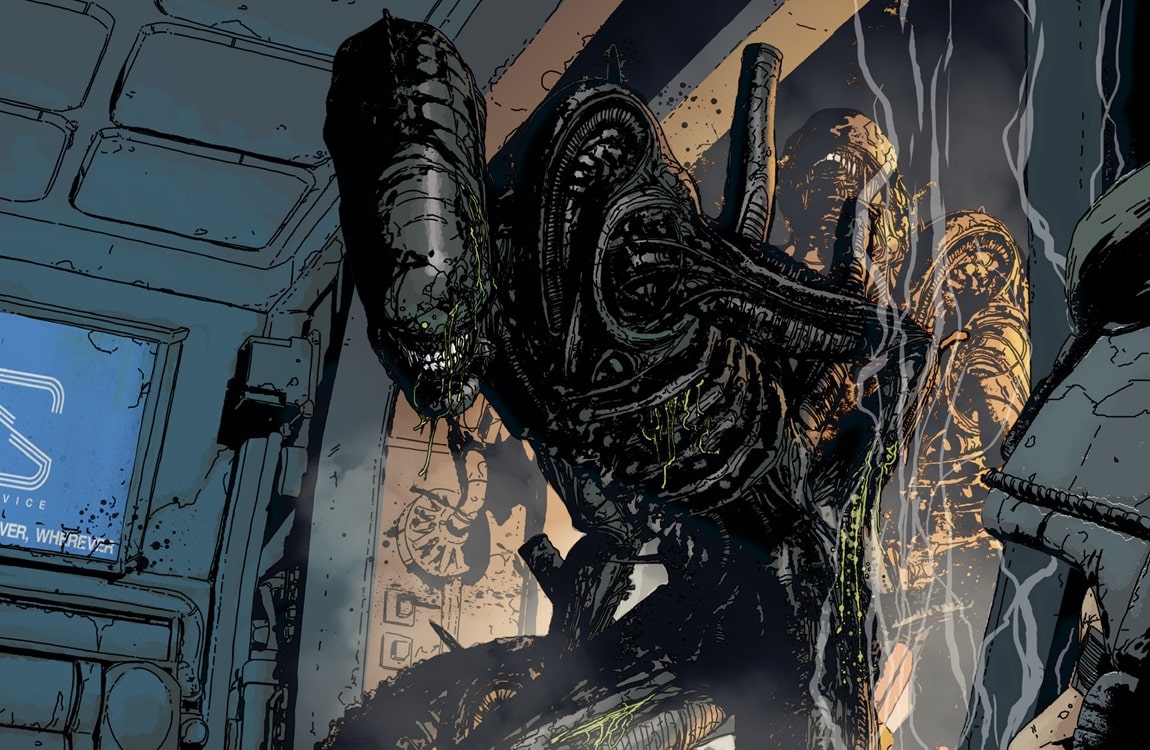
Xenomorphs are proactive in neutralizing any perceived threats to their survival or to the well-being of their hive. This often aggressive response is a survival mechanism, ensuring the safety and longevity of their species. Whether it's defending their territory or responding to an attack, their actions are driven by an instinct to eliminate potential dangers. The Alien Queen will usually command the attacks against these threats, but lone Xenomorphs are experts at threat neutralization as well. The biggest threats to the hive are usually groups of Colonial Marines or Elite Predator hunting parties. The best tactic is to pick them off one by one, leaving the others to panic and flee.
Sacrifice For The Queen
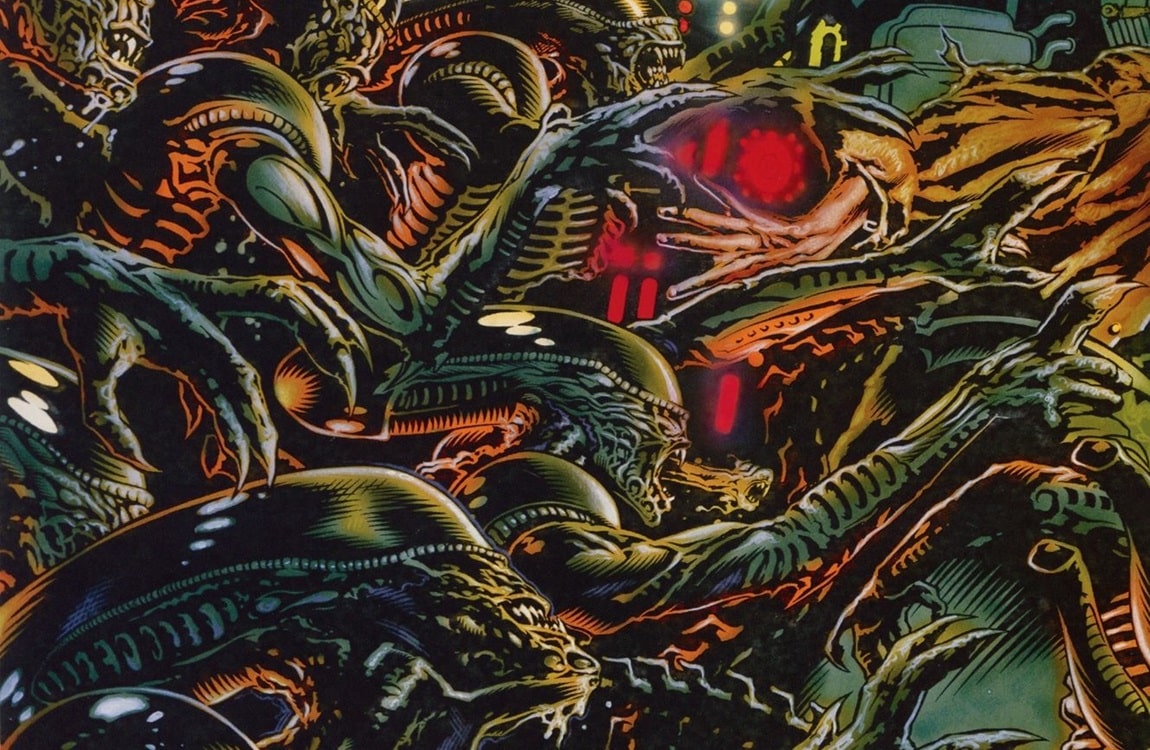
In the Xenomorph social hierarchy, the queen holds a pivotal role. Worker and warrior Xenomorphs often exhibit self-sacrificial behaviors, prioritizing the queen's safety and the hive's needs over their own lives. This behavior underscores the communal aspect of their society, where the collective good and survival of the species take precedence over individual members. The Xenomorphs are motivated to die for their Queen and will often do so in somewhat dumb swarming attacks. For example, this happened in Aliens when the Xenomorphs rushed the Sentry Guns and died by the dozens.
Violent Rage
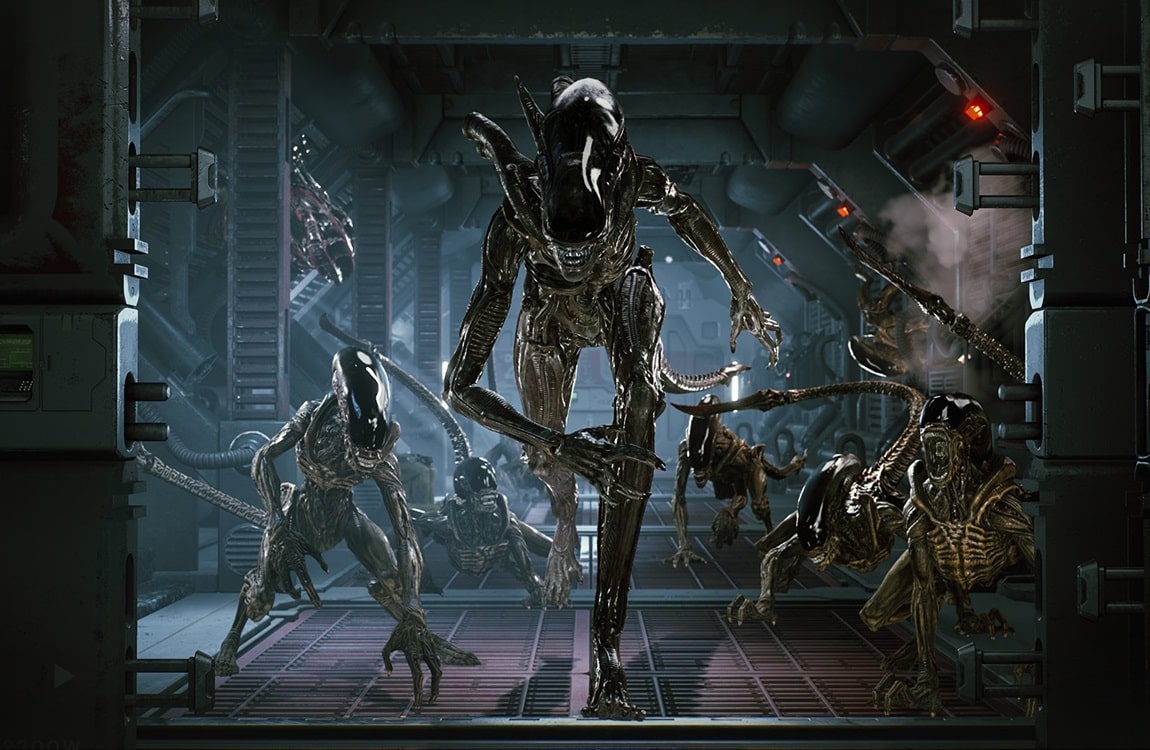
Lone Xenomorphs are also known for their violent killing sprees and perhaps there is no specific motivation or drive around this. A Xenomorph would attack anyone and anything in sight, and would not stop until everyone is dead, even people who are not specifically a threat and could be captured instead. For example, although the Xenomorph Runner had an Alien Queen in the making inside Ripley, it still viciously killed almost all the prisoners on Fury 161, without capturing anyone. Some bigger Xenomorph castes like Praetorians have been seen to brush aside and hurt smaller Xenomorphs just to get to their prey faster.
Revenge
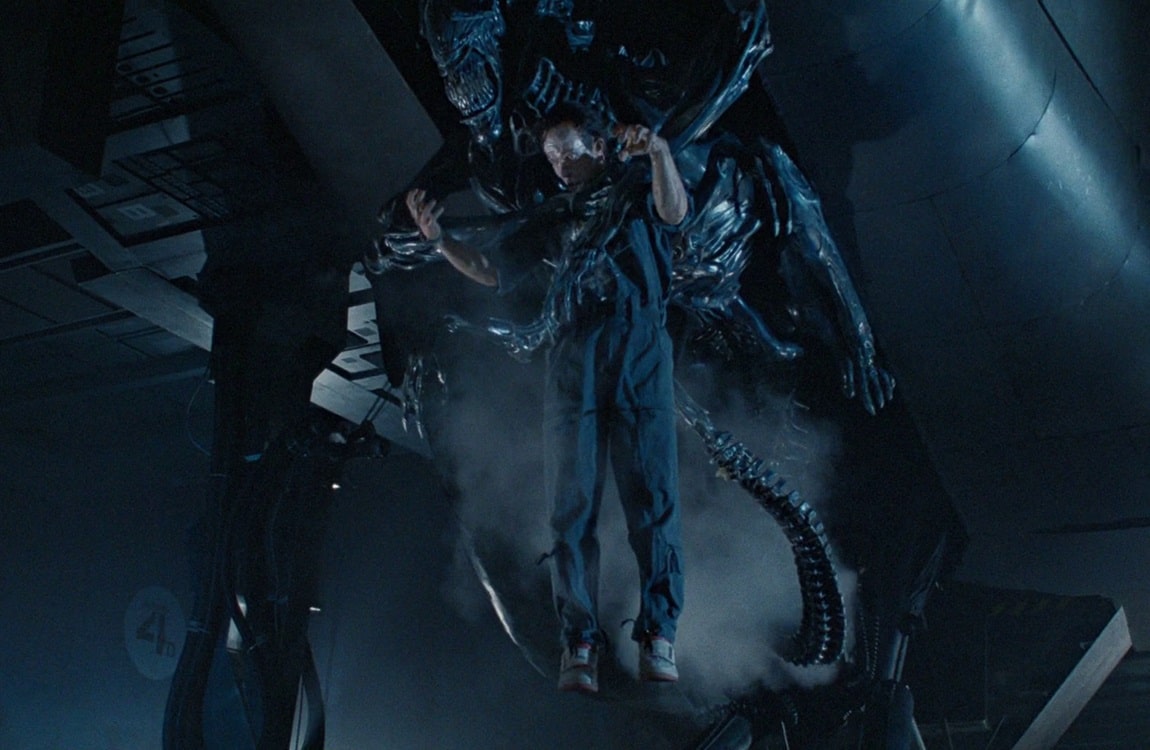
Revenge, a more complex behavior, is occasionally observed in Xenomorph actions, particularly when their hive or offspring are harmed. This behavior, which appears to go beyond instinctual response, suggests a level of intelligence and emotional complexity, serving as a tactical measure to deter future threats and establish dominance. The Alien Queens have been seen to seek revenge, specifically the LV-426 Queen from Aliens. Hunting for Ripley after the destruction of her hive, she seemed driven to kill Newt as revenge for her children. In her quest for revenge, she did sever Bishop in half, and deposit an "Emergency Egg" aboard the USS Sulaco, ensuring Ripley's final fate.
Spreading Across The Galaxy
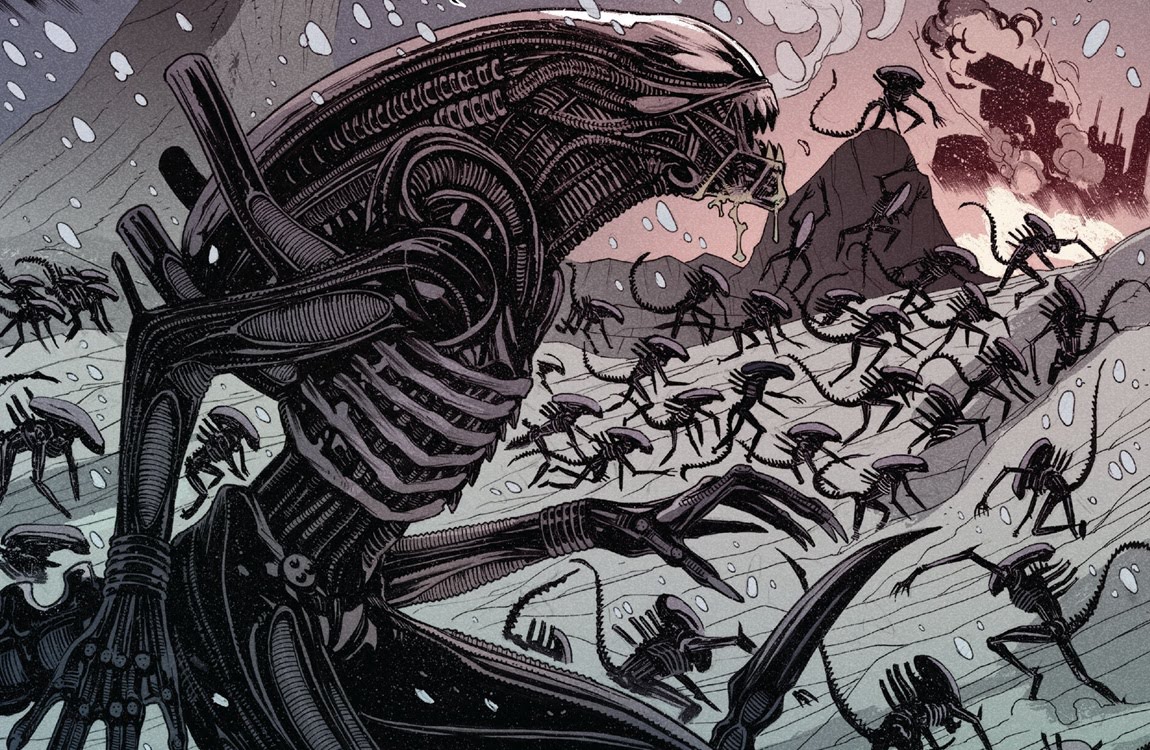
Beyond individual hives and short-term survival, the Xenomorph species appeared driven by an instinct to spread across the galaxy and eliminate hostile life forms. In older Alien lore, the Xenomorphs were believed to have nearly wiped out the Space Jockey race, leaving only a handful of survivors scattered across the stars. In Aliens: Apocalypse, they were known as the "Avenging Angels" and their expansion consistently resulted in planetary extinction events. However, Xenomorphs depend on a steady supply of hosts to sustain their lifecycle, meaning some populations can be left partially intact to ensure continued reproduction. This created a grim balance where some races (mainly feral) were reduced to breeding stock rather than eradicated outright.
Conclusion
In conclusion, Xenomorphs, as portrayed in the "Alien" franchise, embody a wide range of biological imperatives that drive their actions. From the fundamental need to reproduce and expand their territory to the intricate behaviors of protecting their young, ensuring survival, and even exacting revenge, these creatures are more than just mindless killers. They represent the raw and unyielding force of nature's instinct for survival, adaptation, and continuity.
Tag Categories: Xenomorph Behavior

